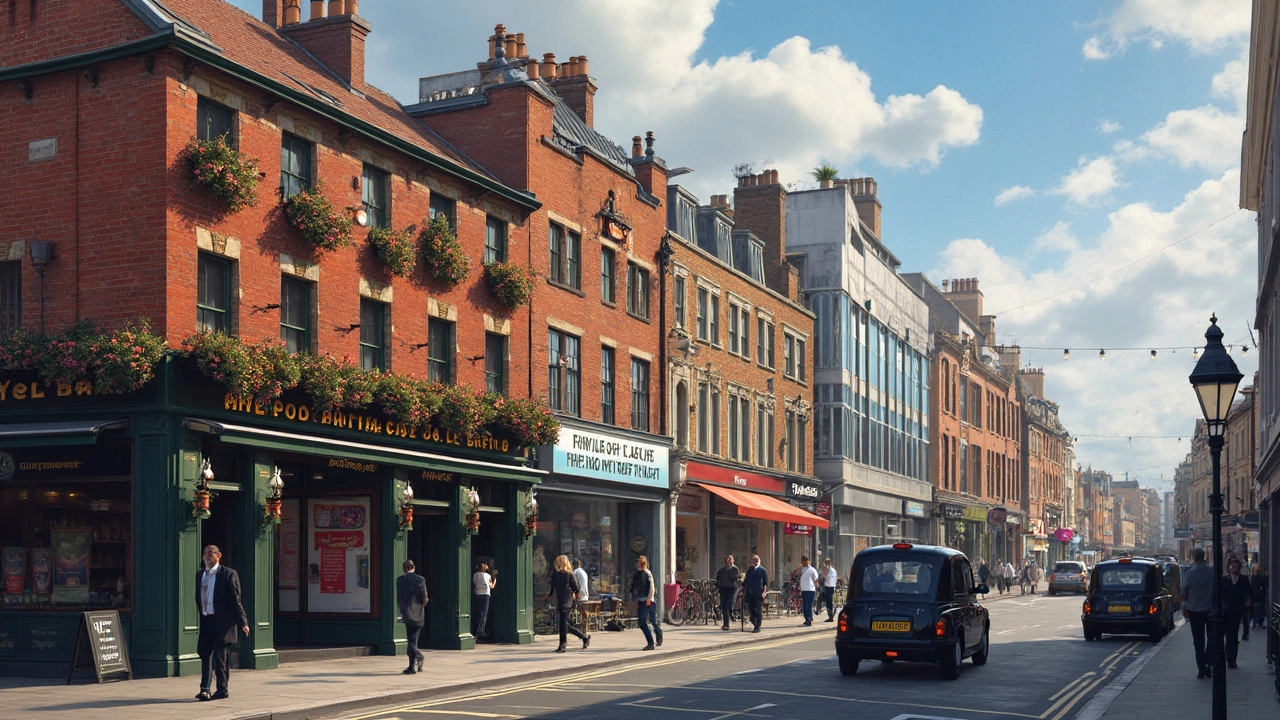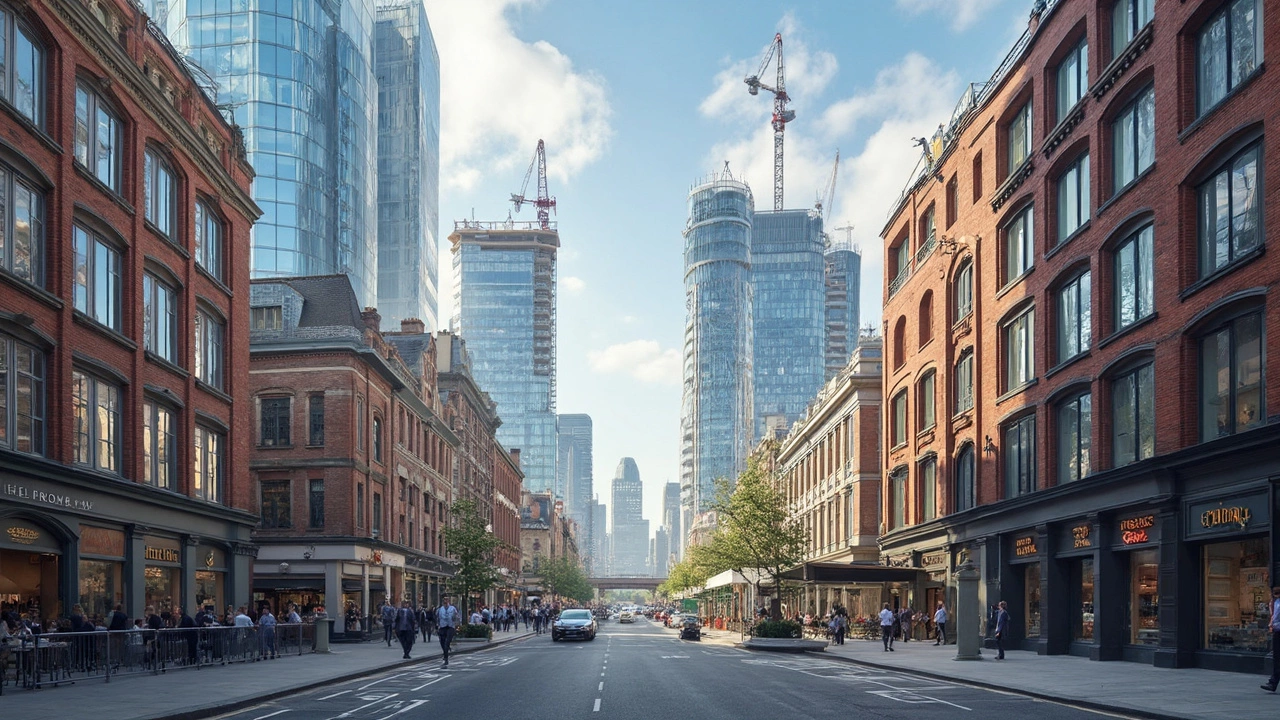Business Property Guides – Practical Advice for UK Builders & Owners
Welcome to the hub for everything business property. Whether you’re planning a new office, a school extension, or a retail fit‑out, we’ve gathered the tips you need to move forward with confidence. Below you’ll find short, useful overviews of the most common questions.
Commercial vs. Non‑Commercial Projects
First, know the difference. Commercial builds cover shops, factories, schools and offices – they follow stricter fire, accessibility and zoning rules than a typical home extension. Non‑commercial projects, like garden rooms or hobby workshops, usually have fewer constraints. Getting that classification right saves you time and money.
Planning Permission and Extension Limits
In the UK, many small extensions qualify for Permitted Development, meaning you don’t need a full planning application. The rule‑of‑thumb is: you can add up to 50% of your existing floor area on the side or rear of a house, but not over the roofline. For business premises, the limits are tighter, and you’ll often need a full plan check.
Understanding these limits early lets you design within the rules, avoiding costly revisions later. If you’re unsure, a quick chat with a local planning officer can clear things up.
Lower‑tier contractors play a big role in commercial builds. They handle specialised trades like steelwork,Electrical, or HVAC under the direction of the main contractor. Because they’re further down the supply chain, you need clear contracts and regular site checks to keep quality high and avoid delays.
Choosing durable materials can make a huge difference to a business property’s lifespan. Steel frames, high‑grade concrete and weather‑proof cladding resist wear and keep maintenance costs low. For interior finishes, opt for fire‑rated doors and low‑VOC paints to meet health and safety standards.
Schools are a special case. They sit in a grey area between commercial and institutional construction. Knowing whether a school counts as commercial or industrial affects everything from the tender process to the insurance policy you need. Generally, schools are classed as institutional, which brings stricter fire safety and accessibility rules.
If you’re watching the budget, the cheapest building methods for 2025 focus on modular components, prefabricated panels and lean‑construction techniques. These approaches cut labour on‑site and reduce waste, while still delivering a solid, code‑compliant building.
Insurance for business property isn’t the same as home insurance. Many policies exclude subsidence, flood or foundation cracks unless you add riders. Before you sign, ask the insurer exactly what structural issues are covered – a small omission can become a big expense later.
Finding a trusted builder matters. Look for companies with UK‑wide reviews, a solid warranty package and a track record on similar projects. A reputable builder will be transparent about costs, timelines and any subcontractors they use.
Ready to dive deeper? Browse the articles below for step‑by‑step guides on foundation cracks, cost‑breakdowns for building vs buying, and everything else you need to know about business property projects in the UK.


